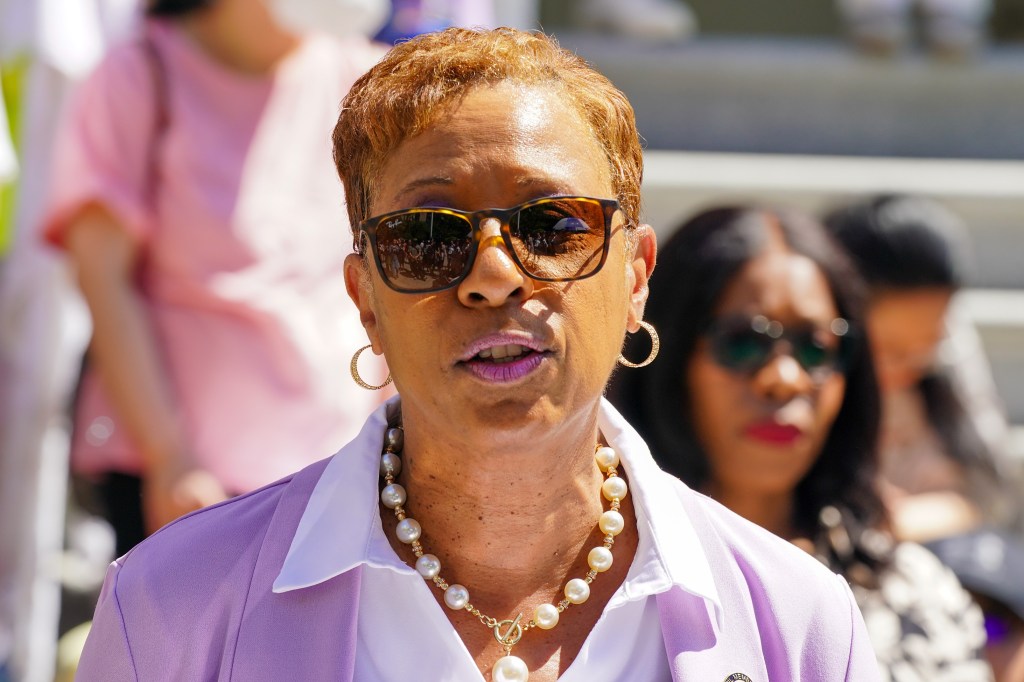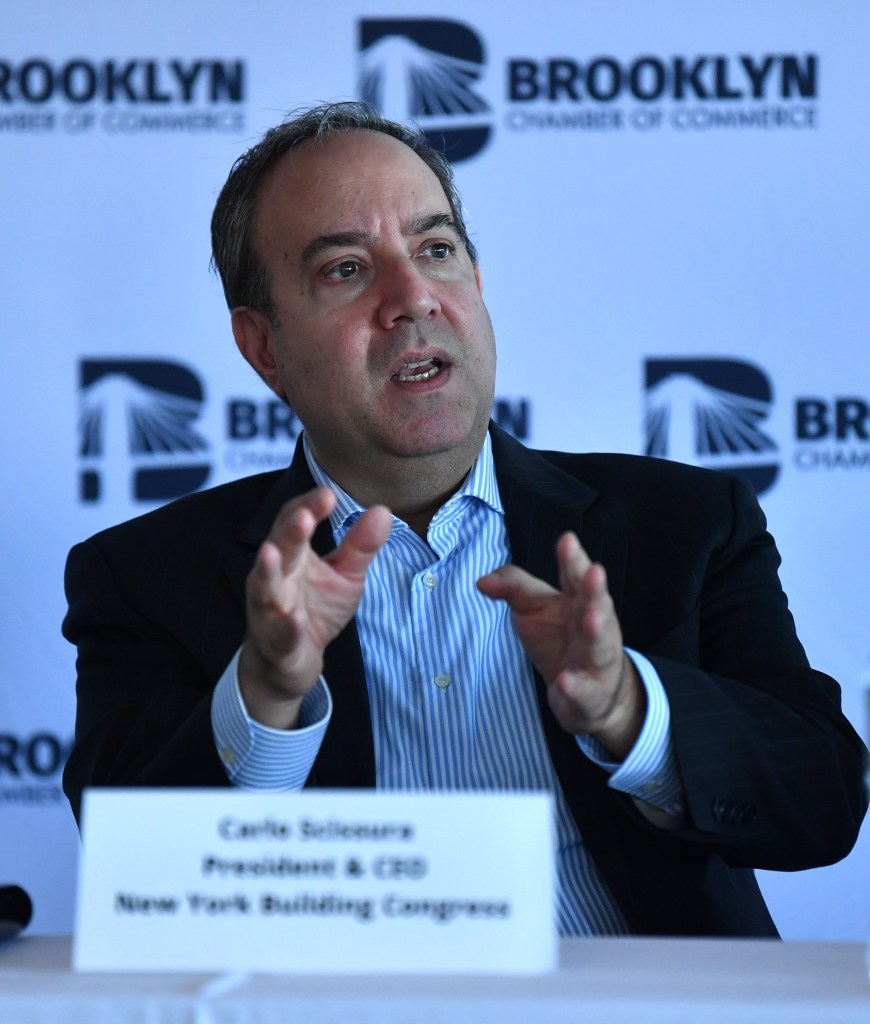A new commission created to modify New York City government operations is expected to take a serious look at revising how local laws affecting public safety are created, sources told The Post.
The 13-person Charter Revision Commission appointed by Mayor Eric Adams was born out of complaints City Hall fielded from public-safety advocates about minority communities having little input in “criminal-friendly” laws pushed through by lefty legislators on the City Council, sources said.
“New Yorkers feel blindsided,” said a City Hall insider. “There’s been a feeling in the Black, Latino and Asian neighborhoods that they’re not being represented — and that there should be a deeper involvement around [public safety] laws than just a few people in a room making a decision.”

The Commission is expected to review a variety of topics — including whether a lengthy public review process similar to one now in place for land-use issues should also be mandated for changes to local public-safety laws, the insider added.
Among the biggest gripes was the Council’s “How Many Stops Act,” which critics say drowns NYPD cops in unnecessary paperwork by forcing them to report on even the most minor interactions with the public; and another Council bill banning the use of solitary confinement in city jails, according to sources.
In January, the Council’s socialists and progressive Dems voted both measures into law by overriding vetoes by Adams, a moderate Democrat and retired NYPD captain — adding fuel to an ongoing war for power between the Big Apple’s executive and legislative branches.
The Commission’s creation will at least temporarily thwart a Council bid to expand its ability to weigh in on mayoral appointments of department commissioners.
Council Speaker Adrienne Adams introduced legislation May 23 that would let voters decide through a referendum if the Council should have “advise and consent” powers on 21 additional mayoral appointments besides the few it now has.

However, a Council measure can’t be on the ballot during elections where a Charter Commission puts referendum questions before voters — which the Commission is expected to do in November.
City Hall operatives insist the mayor planned to appoint the Commission for months – or long before reports surfaced last week about the speaker’s desire to introduce her legislation.
However, the City Council isn’t buying it.
“A Charter Revision Commission that seeks to change the city’s Constitution should be a serious undertaking, not something arbitrarily constructed in response to a Council bill being introduced,” said Council spokesperson Mara Davis.
Carlo Scissura, the new commission chair, insisted no decisions have been made on what topics he and other members will tackle but said he welcomes input from all New Yorkers – even members of the Council. He also said the commission expects to have at least two public meetings in each of the five boroughs before coming up with recommendations.
“We look very forward to learning from New Yorkers,” said Scissura, who heads the powerful New York Building Congress trade group and previously served on Charter Revision Commissions under former mayors Michael Bloomberg and Bill de Blasio.














